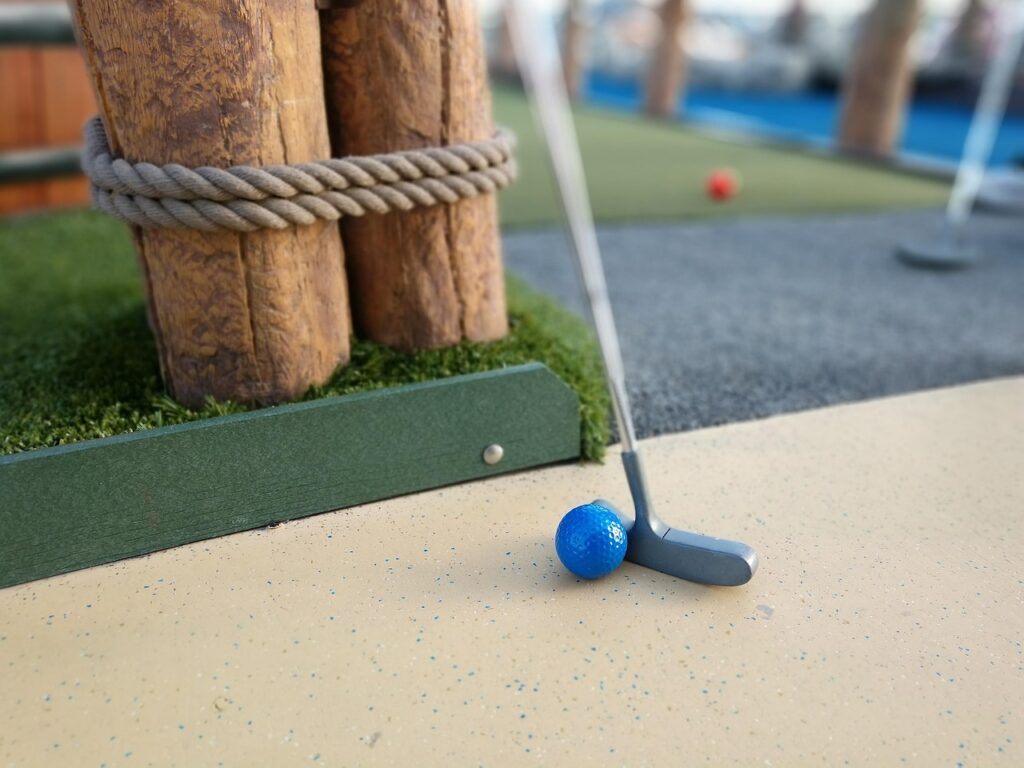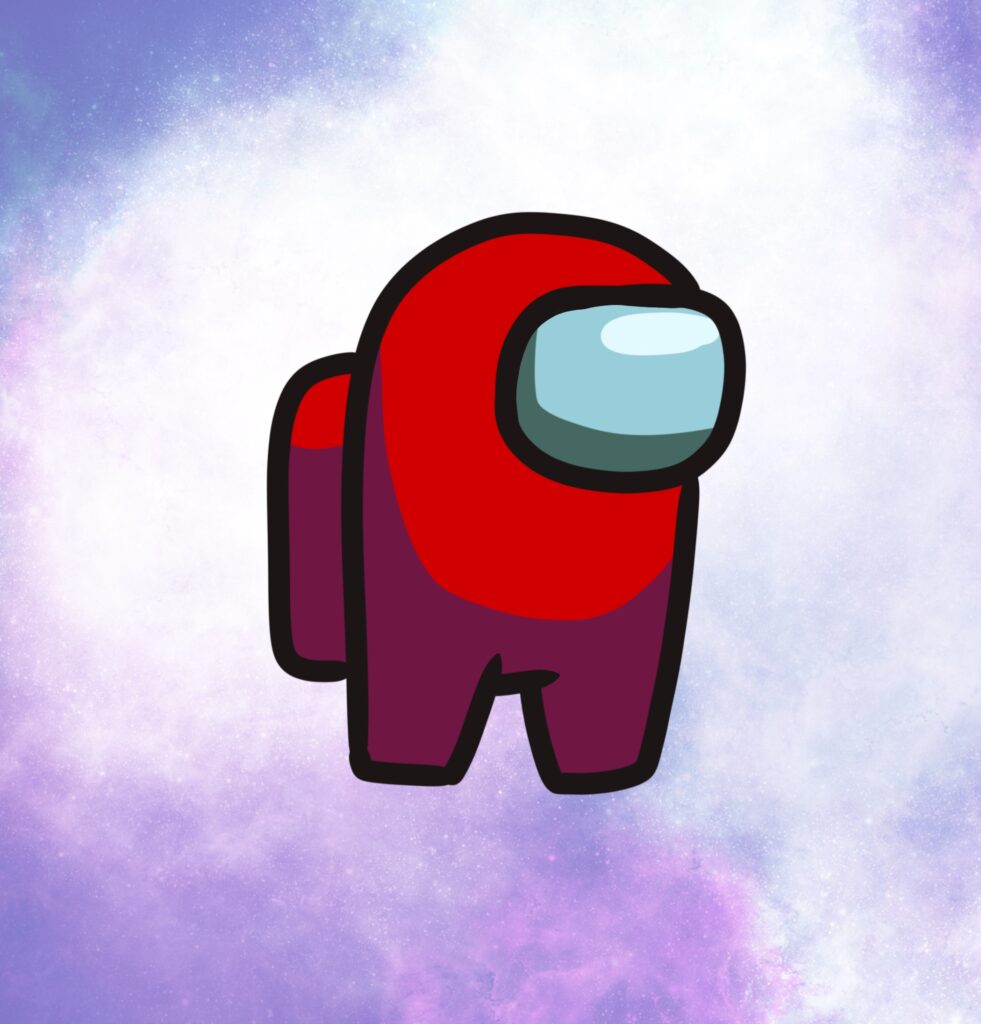Many, many years ago, when I had first graduated from college, I was somewhere in New England spending time with my best friend at the time and we decided to play a round of mini golf. In the moment, it seemed like a lovely way to spend a summer day; in retrospect, well, read on and you can decide what the retrospect lesson might be for all of us. There were all of the typical obstacles to navigate, rotating windmill blades to time, narrow tunnels barely wide enough for the golf ball, loopty-loop ramps to scale, and bridges for the ball to cross. As we made our way through the course and my efforts to get the ball in the assigned hole were repeatedly thwarted by these various obstacles, my competitive frustration grew. In other words, I was losing pretty handily and I didn’t like it.
Not even a little bit.

With my frustration rising, and perhaps the day’s temperatures as well, I was pretty much feeling done with what no longer felt like a fun outing with a friend. So, as we prepared for a hole about midway through the game, I acted out of my frustration and pretty much teed up my ball and hit it like I was on an actual links course—my ball flew off into the parking lot and my friend looked at me, eyebrows raised, picked up her ball and said something along the lines of, “Maybe we should call it a day.”
Mind you, I recognize the absurdity of this moment (as well as the danger of it), and it isn’t a moment I am particularly proud of. Because no one was injured by my stupidity, it is a moment that I have shared often; it is received with laughter and head shaking. It is, to say the least, humbling for my behavior and I have talked to my girls often about better ways to handle such frustration, especially when it comes to board games and competition (because this isn’t the only instance in which my competitive nature got the best of me, though none of the others involve potential danger to self or others).
Those conversations occurred alongside their early forays into board games and that feeling of losing to someone, especially a sibling. My oldest experienced a similar mini golf moment of her own a few years back when her sister managed to get at least one hole-in-one and she gave in to the urge to shove her sister in response. They’ve come a long way from those early days, and I would dare say they have surpassed my abilities when it comes to losing with grace and finesse.

Perhaps that’s what inspired me to laugh so heartily as they talked about playing Among Us together the other day. As they’ve done with other computer video games, they worked out how to be in the same room and, as luck would have it, one of them was assigned as The Imposter. If, like me, you’re not familiar with the game, The Imposter sets out to eliminate the Crew while the Crewmates work to determine who The Imposter is and vote them off the ship.
If you’ve followed this blog even a little bit, you’ve read posts where I’ve talked about the strong sibling connection my teenagers share because it’s a pretty awesome thing to behold. Again, that’s why their conversation around their shared Among Us gaming time truly made me laugh. The description of the game went something like this: the oldest was The Imposter and she told me she knew her sister wasn’t going to rat her out, which, of course, she thought was cool.
However.
Despite her sister’s obvious sibling code of having her back, my 17 year old went on to tell us: when she finally got her sister in a gaming space alone, she immediately eliminated her sibling, leaving her sister both shocked and, well, dead in the game. Apparently, that sibling connection doesn’t hold as fast in the gaming world as it does in the real one. Still, it’s not like she teed off a golf ball on a mini golf course. And the two of them telling that story inspired laughter among us. And, that, my friends, truly can be the object of the game. At least sometimes.
